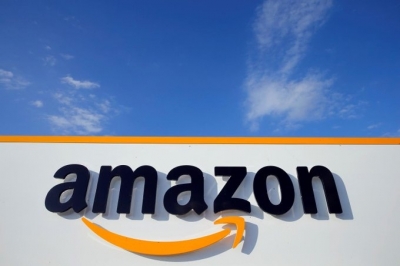London: France’s National Commission on Informatics and Liberty (CNIL) has fined Amazon 32 million euros (nearly $35 million), saying that the system for monitoring employee activity and performance at its warehouses was “excessive”.
Following press articles about Amazon practices in its warehouses, the CNIL carried out several investigations. It also received several complaints from employees.
“Indicators tracking the inactivity time of employees’ scanners were put in place. The CNIL ruled that it was illegal to set up a system measuring work interruptions with such accuracy, potentially requiring employees to justify every break or interruption,” the Commission said in its ruling.
The CNIL ruled that the system for measuring the speed at which items were scanned was excessive.
Based on the principle that items scanned very quickly increased the risk of error, an indicator measured whether an item had been scanned in less than 1.25 seconds after the previous one.
“More generally, the CNIL considered it excessive to keep all the data collected by the system, as well as the resulting statistical indicators, for all employees and temporary workers, for a period of 31 days,” the Commission argued.
Such systems kept employees under close surveillance for all tasks carried out with scanners and thus put them under continuous pressure.
“It also took into account the large number of people involved (several thousand) and considered that the constraints imposed on employees through this computer monitoring contributed directly to the company’s economic gains and gave it a competitive advantage over other companies in the online sales market,” the CNIL said.
Amazon said it strongly disagrees with the CNIL’s conclusions which are “factually incorrect and we reserve the right to appeal”.
“The use of warehouse management systems is standard industry practice: they are necessary to ensure safe, quality and efficient operations and to ensure inventory tracking and package processing on time and in accordance with customer expectations,” said the company.
IANS

